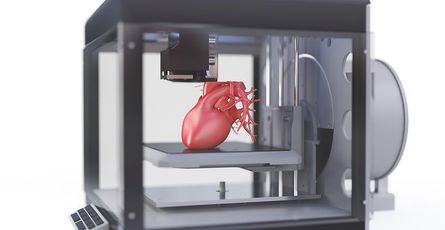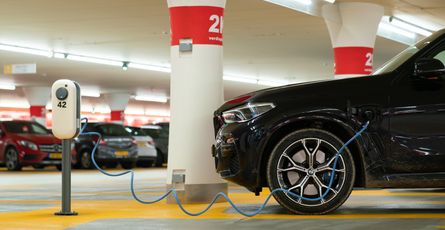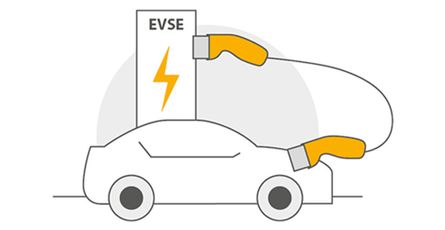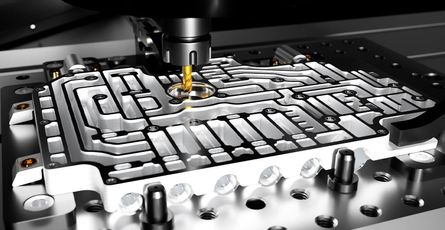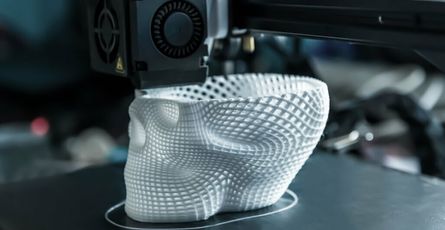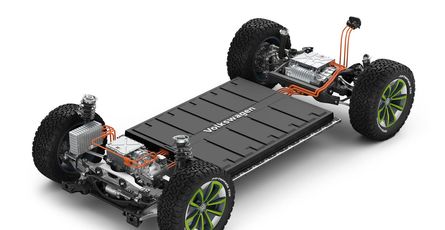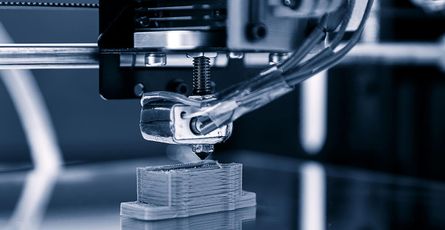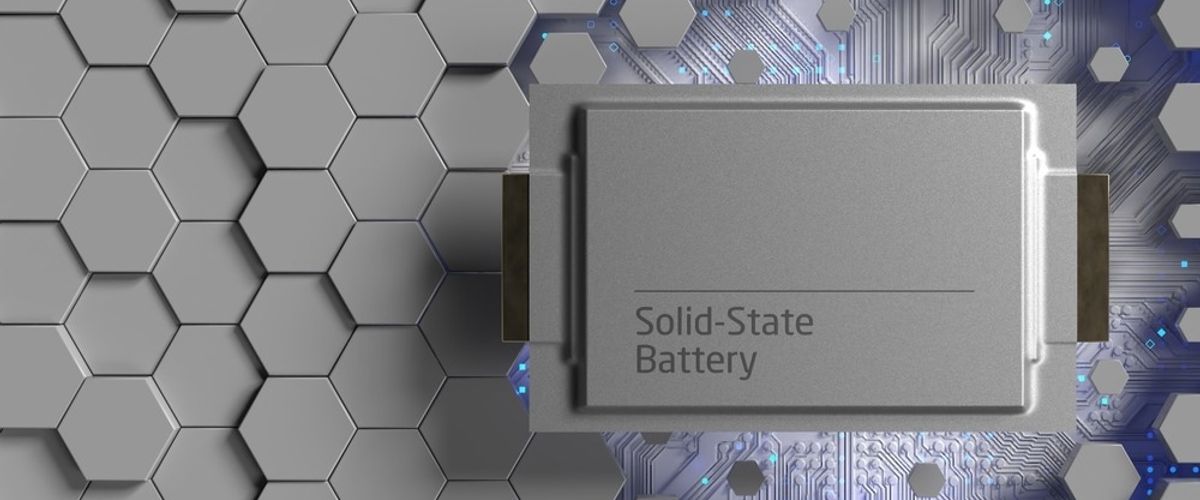
Solid State battery: The new Technology to be researched on
- Ravinder
- EV , Automotive
- 17 May, 2023
In recent years, lithium batteries have become the go-to power source for everything from smartphones to electric SUVs. This trend was sparked by Elon Musk’s introduction of the Tesla Roadster, an all-electric sports car powered by lithium batteries. However, despite their widespread use, lithium batteries come with their fair share of challenges. From safety concerns to slow charging times and limited driving range, there is room for improvement. Enter solid-state batteries, the promising new technology that could revolutionize the energy storage landscape.
The Limitations of Lithium Batteries:
Lithium batteries have proven to be valuable but not without their drawbacks. Some of the key limitations of lithium batteries include:
- Safety Concerns: Lithium batteries are prone to explosions or catching fire when subjected to overcharging or discharging. Safety incidents involving certain Tesla vehicles have brought attention to this issue.
- Slow Charging: The charging process for lithium batteries is relatively slow, requiring dedicated charging infrastructure and time-consuming waiting periods.
- Protection Circuitry: Lithium batteries require additional protection circuitry, increasing weight and cost.
- Weight and Size: Lithium batteries are relatively heavy, impacting the overall weight and size of devices or vehicles they power.
- Temperature Sensitivity: High temperatures can compromise the safety and performance of lithium batteries. In contrast, low temperatures can significantly reduce the driving range of electric vehicles.
- Expensive: Lithium batteries can be expensive to produce, contributing to the overall cost of devices and vehicles.
Enter Solid-State Batteries:
Solid-state batteries represent a promising alternative to lithium batteries, with companies like Toyota and Samsung leading the charge in their development. Here are the differences between solid-state batteries and lithium batteries:
- Composition: Solid-state batteries replace the liquid electrolyte found in lithium batteries with a solid electrolyte, which enhances safety and performance.
- Energy Density: Solid-state batteries offer approximately 2.5 times higher energy density compared to lithium batteries. This increased energy density enables longer driving ranges and extended device usage.
- Safety: Solid-state batteries are less prone to explosions or catching fire due to their solid-state construction. This enhanced safety profile is a significant advantage for applications such as electric vehicles.
- Charging Speed: Solid-state batteries can be charged four to six times faster than traditional lithium batteries. This rapid charging capability reduces charging time and enables faster deployment of electric vehicles.
- Weight and Size: Solid-state batteries are lighter and more compact compared to lithium batteries. This characteristic contributes to reduced weight and improved efficiency in devices and vehicles.
- Temperature Tolerance: Solid-state batteries exhibit better performance and safety characteristics at both high and low temperatures, making them suitable for various environments.
Toyota’s Pioneering Efforts:
Toyota has been at the forefront of solid-state battery research and development. The company has made significant progress in this field and is on the verge of mass-producing solid-state batteries for their vehicles. In their pursuit of innovation, Toyota has been testing solid-state batteries in their LQ concept car. However, rather than directly implementing the technology in electric vehicles, Toyota plans to introduce it in their hybrid models first. This strategic decision allows them to gather valuable data and refine the technology further, ensuring optimal performance and reliability.
Benefits of Solid-State Batteries:
Solid-state batteries offer several advantages over lithium batteries, including:
- Higher Energy Density: Solid-state batteries provide approximately 2.5 times higher energy density, enabling longer driving ranges and extended device usage.
- Enhanced Safety: The solid-state construction of these batteries reduces the risk of explosions or fires, making them a safer option for various applications.
- Faster Charging: Solid-state batteries can be charged four to six times faster than lithium batteries, reducing charging times and improving convenience for users.
- Reduced Weight and Size: Solid-state batteries are lighter and more compact, allowing for improved efficiency and reduced weight in devices and vehicles.
- Temperature Tolerance: Solid-state batteries perform better and maintain safety even in extreme temperature conditions, making them more reliable for a wide range of applications.
Final Thoughts
Solid-state battery technology holds great promise for the future of energy storage. With higher energy density, improved safety, faster charging times, and extended driving ranges, solid-state batteries have the potential to revolutionize the automotive and electronics industries. Companies like Toyota and Samsung are leading the charge in developing this transformative technology. As we eagerly await the widespread adoption of solid-state batteries, their implementation in hybrid vehicles will pave the way for a future where electric vehicles become the norm, offering unparalleled range and performance.
FAQs
-
Are solid-state batteries available in the market? Currently, solid-state batteries are still in the research and development phase. Companies like Toyota and Samsung are making significant strides towards commercialization, but widespread availability may take some time.
-
Can solid-state batteries be retrofitted in existing devices? The integration of solid-state batteries into existing devices may require modifications to accommodate the different form factors and charging requirements. It would depend on the specific device and its compatibility with solid-state battery technology.
-
Will solid-state batteries completely replace lithium batteries? While solid-state batteries show great promise, the complete replacement of lithium batteries will depend on factors such as cost, scalability, and further technological advancements. However, solid-state batteries are expected to play a significant role in the future of energy storage.
-
How will solid-state batteries impact electric vehicles? Solid-state batteries have the potential to revolutionize electric vehicles by offering longer driving ranges, faster charging times, and enhanced safety. These improvements could drive the wider adoption of electric vehicles as a more viable and convenient transportation option.
-
Are solid-state batteries more expensive than lithium batteries? Currently, solid-state batteries are more expensive to produce than lithium batteries. However, as the technology advances and economies of scale come into play, the cost is expected to decrease, making them more cost-competitive in the future.
